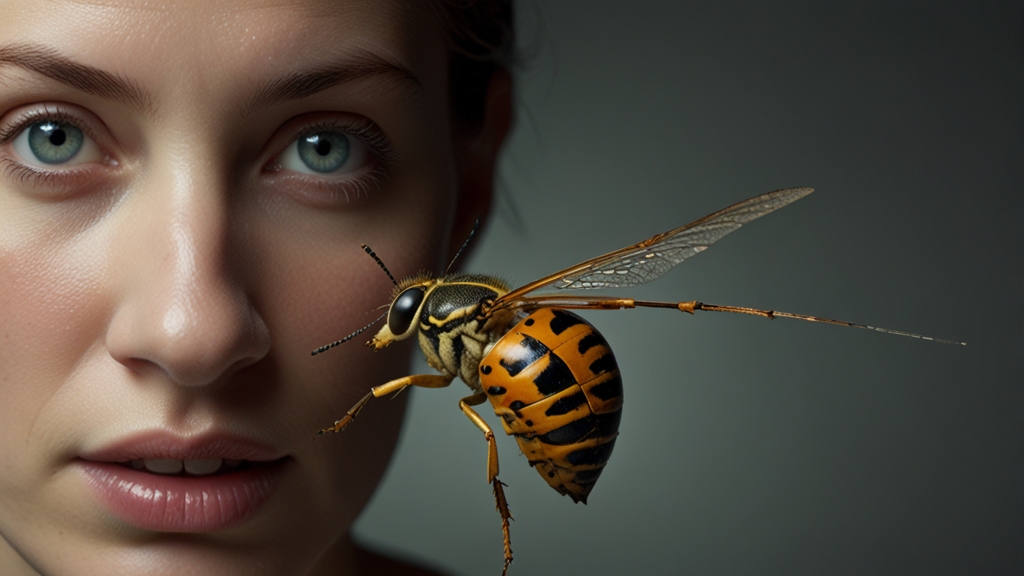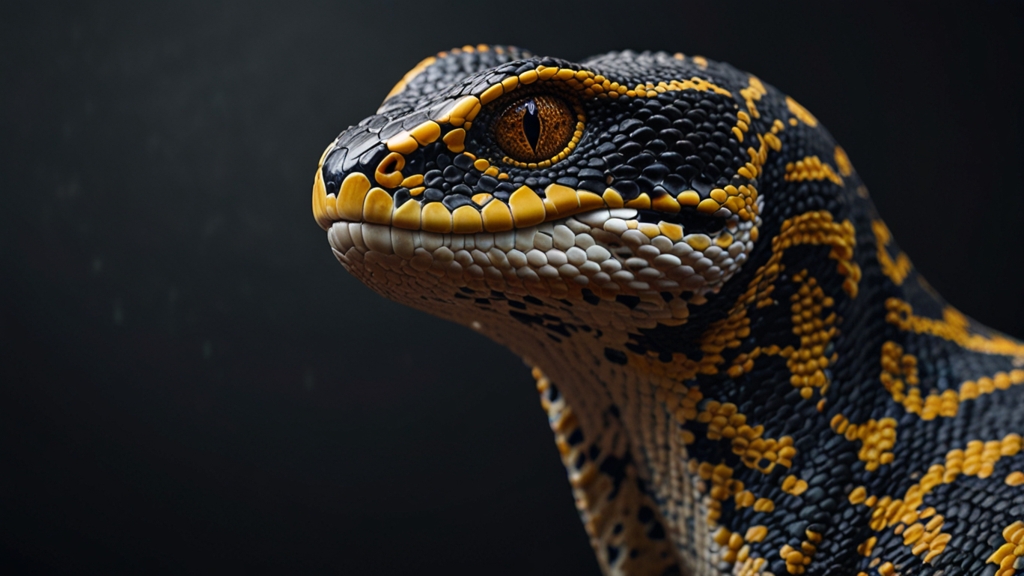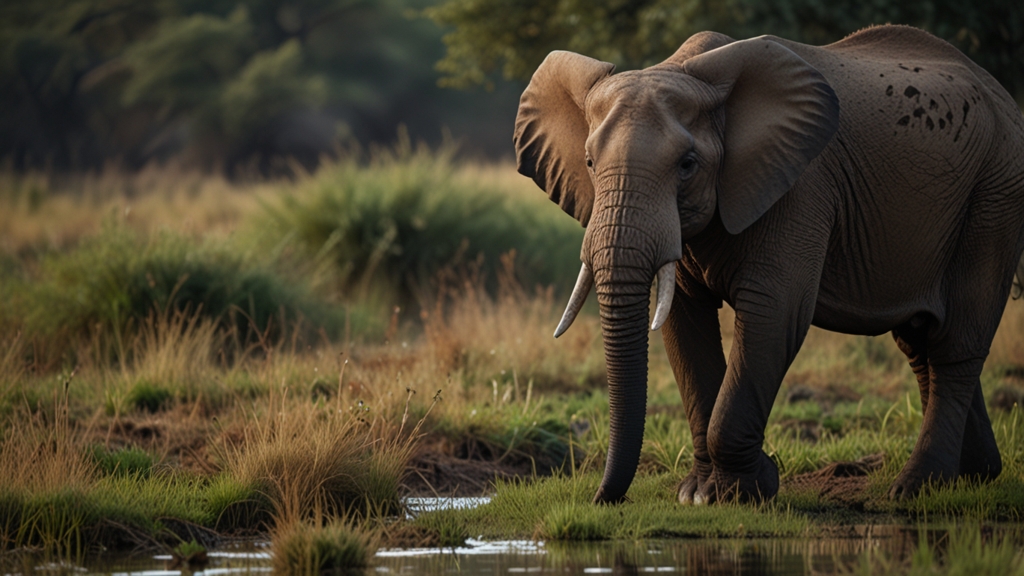The Psychology of Fear: Why Insects Terrify Us
Fear is a powerful and deeply ingrained emotion that has evolved alongside humans for millions of years. Among the myriad of fears that people experience, the fear of insects, also known as entomophobia, stands out as one of the most common and perplexing. But what is it about these tiny creatures that incite such significant levels of fear and anxiety in so many people? This article delves into the psychological underpinnings of our fear of insects and examines why these often harmless beings evoke such strong reactions.
Evolutionary Roots of Fear
One of the primary explanations for our fear of insects lies in evolutionary psychology. Throughout human history, survival has depended heavily on the ability to recognize and avoid potential threats. Insects, which can carry diseases, inject venom, or destroy crops, posed significant risks to early human populations. As a result, the instinctual fear of insects may have conferred an evolutionary advantage by prompting avoidance behaviors that increased our ancestors' chances of survival.
The legacy of this evolutionary history remains with us today, where even modern humans with less direct survival stakes still manifest these deep-seated fears.
Cultural Conditioning and Social Influences
While evolutionary factors set the stage, cultural conditioning and social influences play significant roles in shaping our fear of insects. From a young age, children learn from observing their parents and peers. If a child sees an adult reacting fearfully to insects, they are likely to adopt a similar attitude. Additionally, horror movies, media portrayals of insect swarms, and stories about deadly insect encounters reinforce these fears, often blowing the risks out of proportion and embedding a sense of dread deep within our psyche.
“The prevalence of insects in horror genres further perpetuates their association with fear and disgust, embedding these emotions within our cultural consciousness.”
Fear of the Unknown
Insects, due to their small size, rapid movements, and often alien-like appearance, embody the fear of the unknown. Many people feel uneasy about creatures they do not understand or cannot easily predict. The erratic behavior of insects, their ability to crawl on or sting us unseen, and the fact that some can fly magnifies this unpredictability and feeds into our fear.
Moreover, the lack of knowledge about various insect species and their potential harm exacerbates these feelings. Unfamiliarity breeds anxiety, and in the case of insects, this anxiety can quickly escalate into full-blown fear or even phobias.
Personal Experiences and Trauma
Personal experiences and trauma can also contribute to the fear of insects. A painful sting or negative encounter with an insect in childhood can trigger lasting fear responses. These experiences, when coupled with the natural tendency to generalize negative emotions, can cause an individual to develop a lifelong fear of insects.
“Once bitten, twice shy,” aptly describes the lasting impact of a traumatic experience with insects, underlining how a single event can shape our responses for years to come.
Physiological Responses
The human body is hardwired to respond to potential threats through a series of physiological changes governed by the fight-or-flight response. When confronted with the sight or thought of insects, many people experience increased heart rate, sweating, and heightened senses—all classic signs of this response mechanism. These physiological reactions can create a feedback loop where the fear of insects stirs up these intense physical responses, which, in turn, reinforce the fear.
Overcoming the Fear
While the fear of insects can be overwhelming, it is not insurmountable. Gradual exposure to insects, coupled with education and understanding about their behavior and ecological importance, can help alleviate some of these fears. Cognitive-behavioral therapy (CBT) and other psychological treatments have also proven effective in treating phobias by addressing the cognitive distortions that sustain them.
Moreover, fostering a sense of curiosity and respect for insects, rather than viewing them solely as threats, can reshape our emotional responses. Insects play vital roles in ecosystems, including pollination and decomposition, highlighting their importance in maintaining ecological balance.
Conclusion
The fear of insects is a complex interplay of evolutionary, cultural, personal, and physiological factors. Understanding the roots of this fear provides insights into human psychology and demonstrates our deep-seated responses to perceived threats. While the fear of insects is common, it is also manageable with the right approach, transforming fear into a more balanced appreciation of these fascinating creatures.








